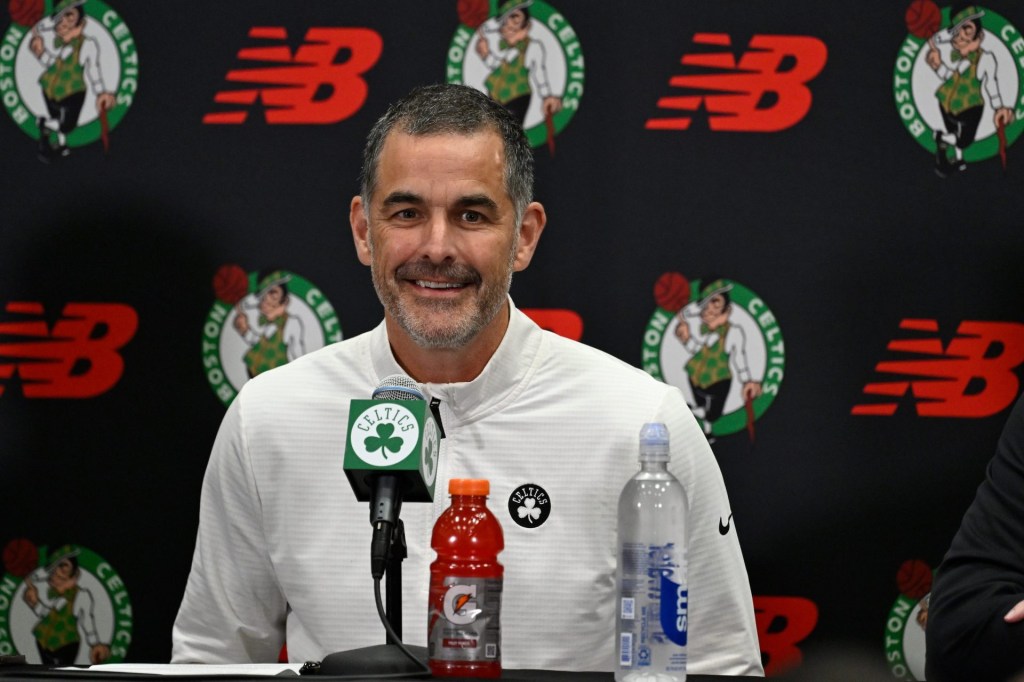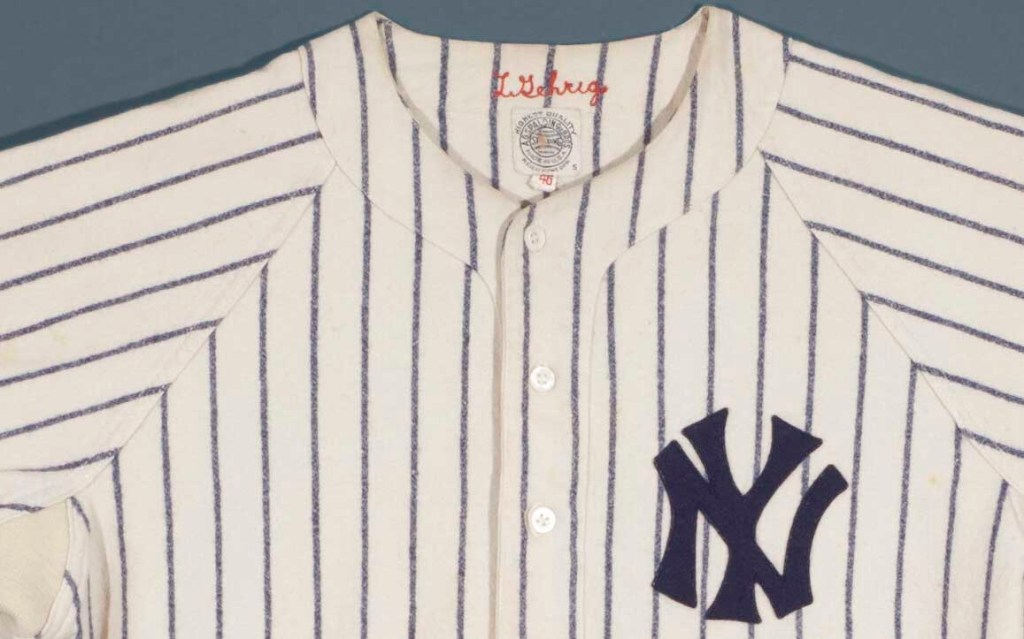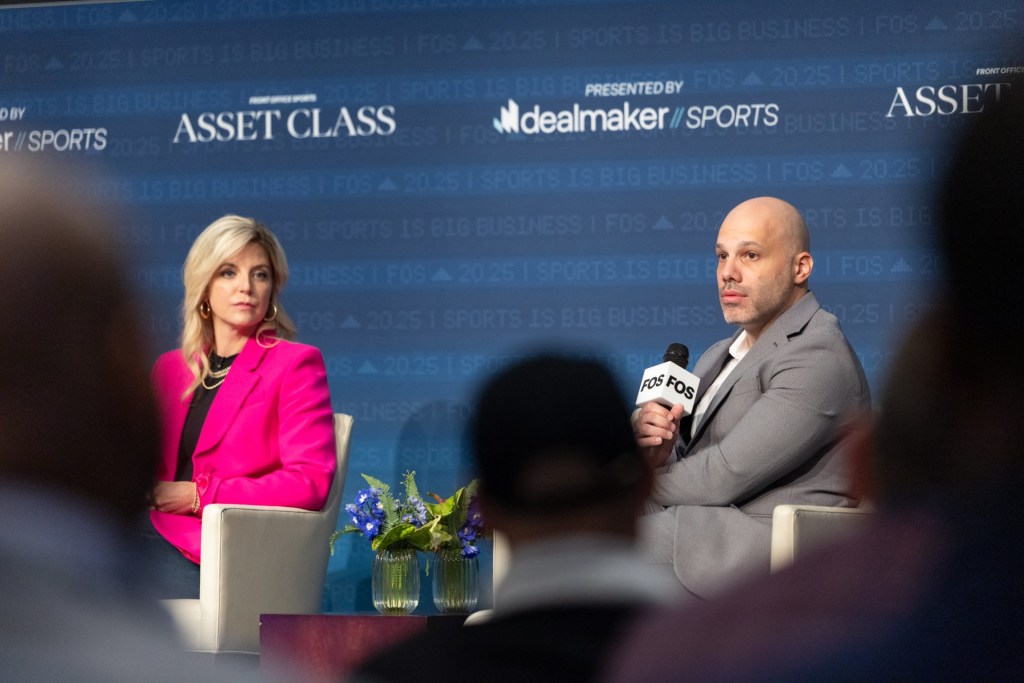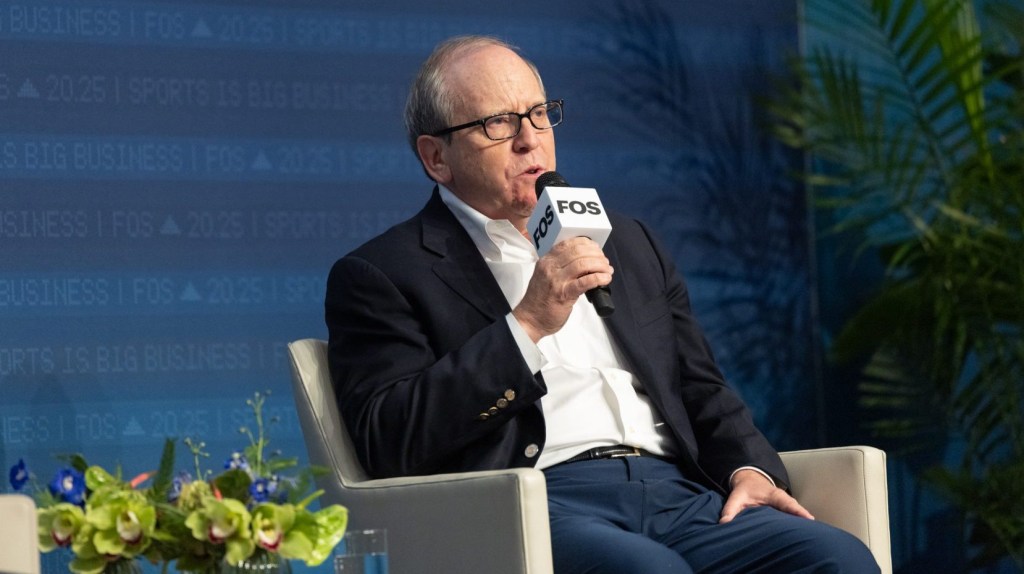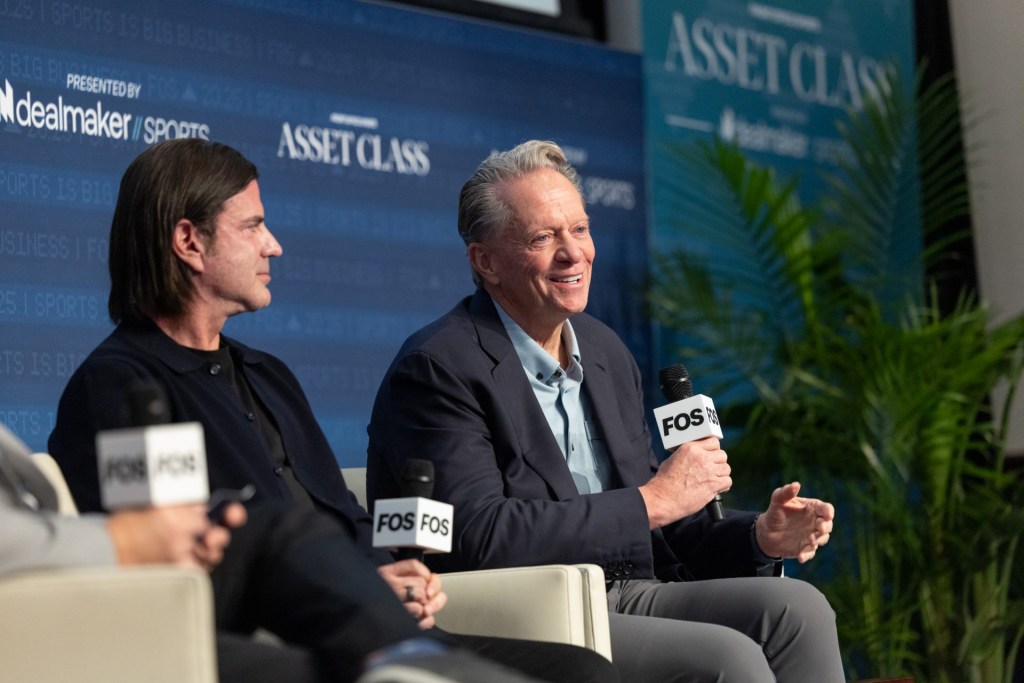German sportswear giant Puma is at a crossroads.
The company’s stock, which trades on the Frankfurt Stock Exchange, is down more than 45% over the past year, its sales are declining, and its largest shareholder is reportedly exploring a sale of its 29% stake.
The Pinault family, who has owned that 29% stake through holding company Group Artémis since 2018, has hired advisers to help with the sale of its stake, and the goal may be to find a buyer willing to purchase the whole company, Bloomberg reported earlier this week. Artémis also owns companies like Creative Arts Agency, auction house Christie’s, and more.
Matt Powell, a footwear and retail industry expert who heads up consulting firm Spurwink River, isn’t surprised the Pinault family might want out.
“Short-term results have been weak, especially in the U.S. and Europe, and that’s the biggest reason Puma’s stock has been down,” Powell tells Front Office Sports. “The business hasn’t been terrible, but it hasn’t been great either.”
Puma has been trying to be too many things at once, Powell says. The company has invested significantly in basketball, with athletes like the NBA’s LaMelo Ball and Tyrese Haliburton, the WNBA’s Breanna Stewart, and LSU’s Flau’jae Johnson. But that category hasn’t delivered.
“The basketball business isn’t great here in the U.S.,” Powell says.
Running is a brighter spot, and Puma’s Nitro line has resonated, but the category is highly competitive and rivals like Hoka, On, and New Balance have all been performing well, according to Powell.
Powell believes Puma needs to simplify. “They need to focus on a couple of key categories and ride the fashion winds as they’re coming in,” he says.
Puma appears well aware of the challenges it faces. In January, Puma introduced a new “cost efficiency initiative.” In April, CEO Arne Freundt stepped down due to “differing views on strategy execution” and was replaced by Arthur Hoeld.
The Pinault family appears to want out of the Puma business. Bloomberg reports that suitors for the company include China’s Anta Sports—which has made recent gains in the U.S. and counts Kyrie Irving and Klay Thompson among its athletes—and Li-Ning, which lists retired NBA star Dwyane Wade among its athlete partners.
Both companies dominate their home market but have limited Western presence.
“Neither have a big footprint here,” Powell says. “Both could see this as an entry into the Western world.”
One of the companies already poured cold water on the idea of a Puma takeover. Li-Ning “remains focused on the growth and development of the Li-Ning brand,” a spokesperson for the company tells FOS. “As of now, the company has not engaged in any negotiations or evaluations regarding the deal you mentioned.”
A representative for Anta did not immediately respond to a request for comment.
Telsey Advisory Group analyst Cristina Fernández says a Chinese buyer could make sense, but she also sees private equity as a possible path.
“We have seen private equity be pretty involved with brands like these,” she says, “and then over time resurrect them and take them public.”
Examples of that include Birkenstock, which was bought by PE firm L Catterton in 2021 and held an initial public offering in 2023, as well as Dr. Martens, which was purchased by PE firm Permira in 2013 and taken public in 2021.
Still, Fernández questioned whether now is the right time: “If Puma were to sell at this point, it would be kind of like what Foot Locker did by selling to Dick’s at a depressed value.”
“It’s not ideal if you’re the board,” she adds. “They have a new CEO who is putting together a strategy. Until they see whether strategic initiatives can improve the company, the board probably will not be in a rush to sell.”
For her, Puma’s struggles are about momentum, not structural decline.
“Puma is not a broken brand,” Fernández says. “The company needs to go through its portfolio, see where it needs more innovation, bring back retro products, and find collaborations that hit—like it did with Rihanna in the past.”
In addition to some of the foundational issues Puma is grappling with, the company faces external pressures due to tariffs. The Trump White House has placed a 20% tariff on Vietnam and 19% tariffs on Cambodia and Indonesia, all of which are key manufacturing hubs for Puma.
Puma is only just beginning to feel the effects of the tariff policies, according to Fernández.
“The tariff environment today for footwear is worse than it was five months ago,” she tells FOS. “That impact is big, and it’s going to run through 2026.”
Representatives for Puma and Artémis did not respond to requests for comment.
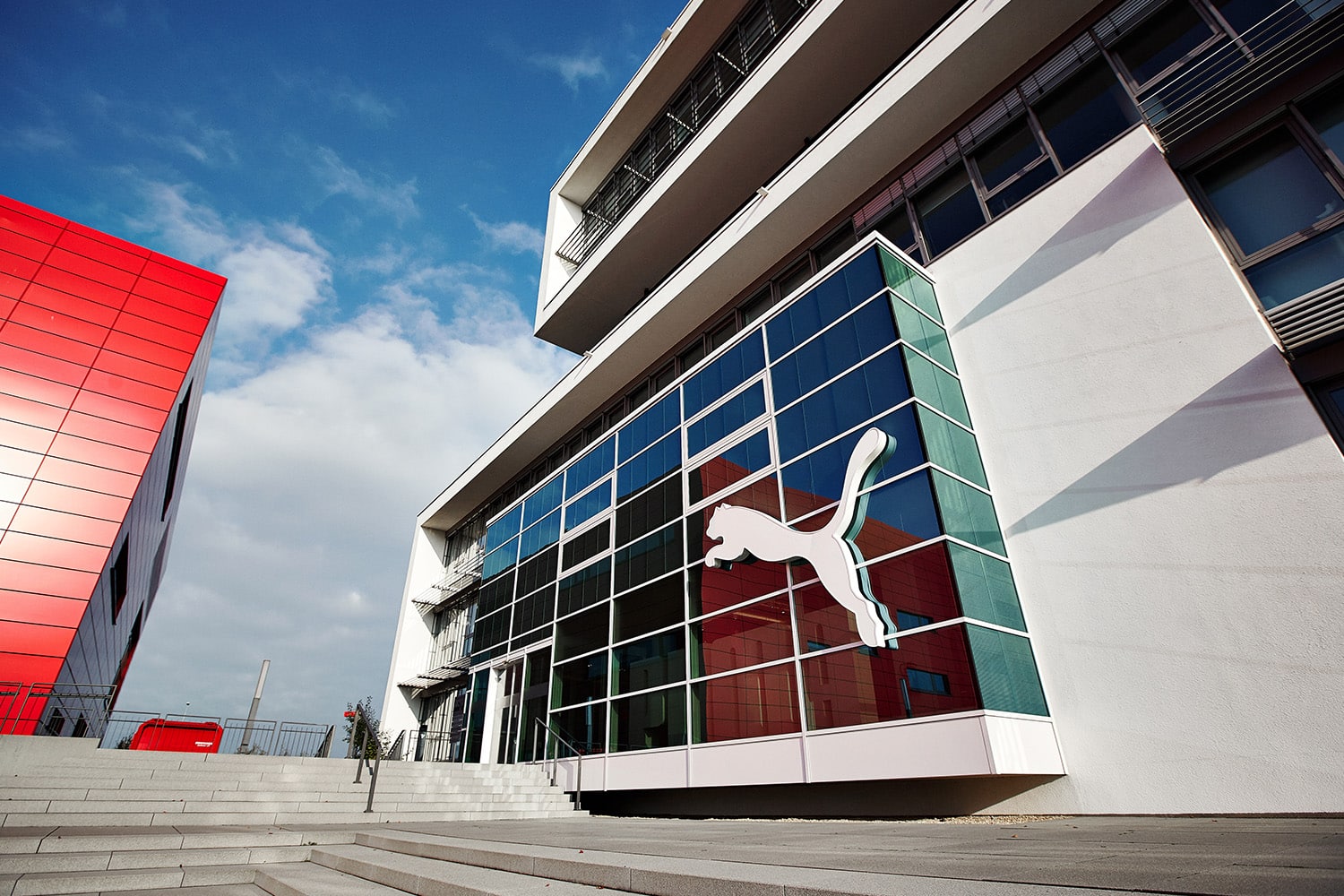
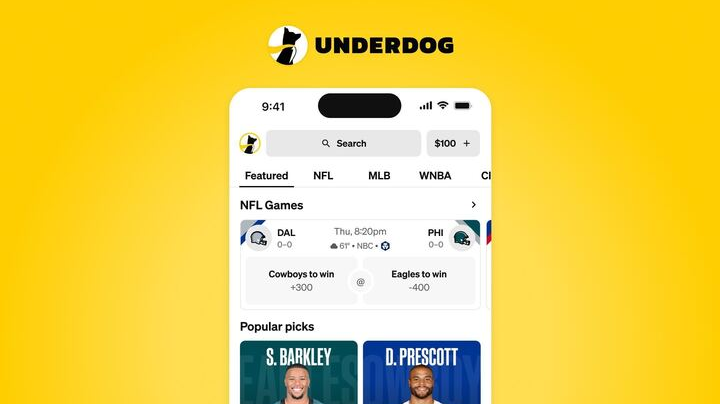
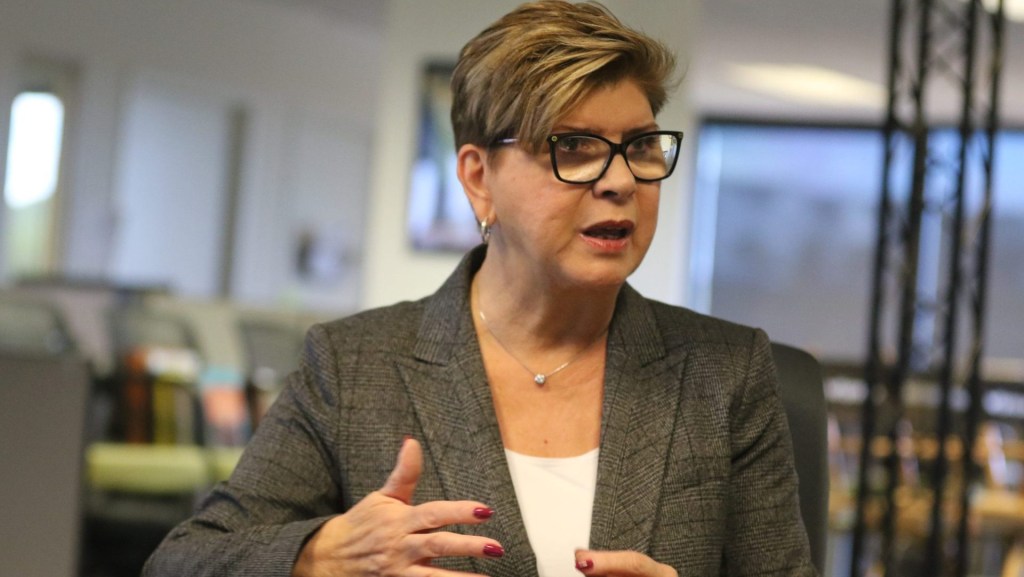




![[Subscription Customers Only] Jun 15, 2025; Seattle, Washington, USA; Botafogo owner John Textor inside the stadium before the match during a group stage match of the 2025 FIFA Club World Cup at Lumen Field.](https://frontofficesports.com/wp-content/uploads/2026/02/USATSI_26465842_168416386_lowres-scaled.jpg?quality=100&w=1024)
![[Subscription Customers Only] Jul 13, 2025; East Rutherford, New Jersey, USA; Chelsea FC midfielder Cole Palmer (10) celebrates winning the final of the 2025 FIFA Club World Cup at MetLife Stadium](https://frontofficesports.com/wp-content/uploads/2026/02/USATSI_26636703-scaled-e1770932227605.jpg?quality=100&w=1024)


